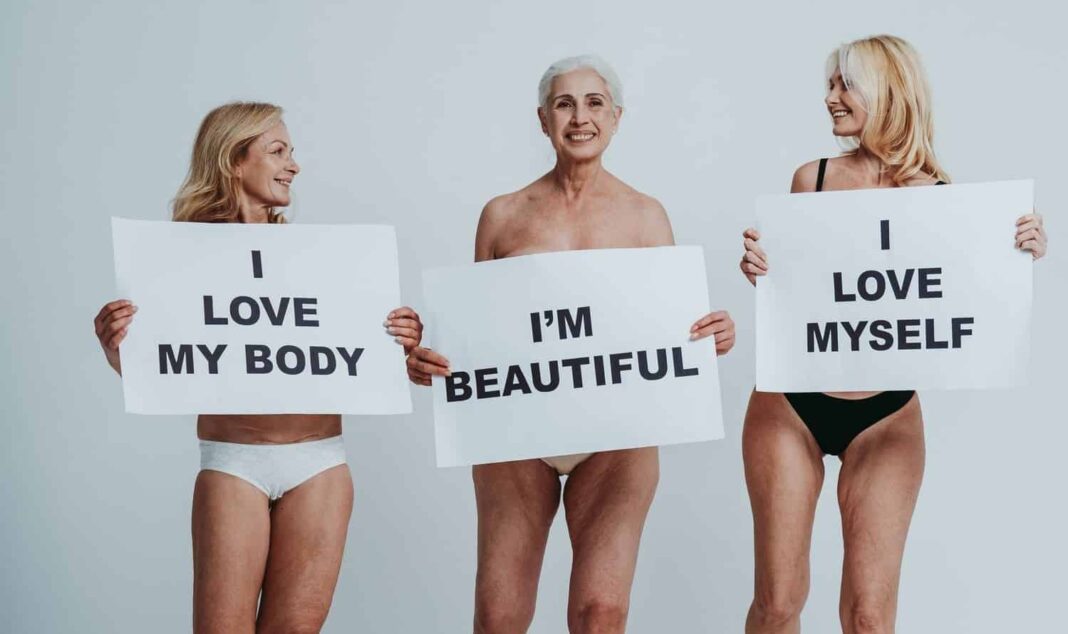A new insight-packed report shows that only 69% of midlife women think they’re invisible to advertising brands.
New data compiled Manchester’s The Behaviours Agency, revealed that only 7% of women aged 45-60, think they’re very well represented in advertising and 62% think that advertising targeted at them rarely shows someone they can relate to.
Sue Benson, agency managing director said: “Our research has shown just some of the ways that brands and retailers can improve their communication with this cohort of women that Forbes dubs ‘super consumers’, due to their spending capability and the huge changes that are going on in their lives – resulting in them seeking out new products that are relevant for them.
“A key finding was that midlife brings about an awakening for women, due to ubiquitous ‘change’ where personal needs take precedence, alongside a greater understanding of the value of the present and the importance of fulfilment. And this is a huge opportunity for brands to get it right.”
The research showed that one in three women had changed skincare, cosmetics and haircare products because their skin/hair has changed; while 42% had changed their diet.
She added: “These women don’t feel represented in brand advertising, or even trust the claims being made. Overall, women expressed a strong desire for more diverse and realistic representation that mirrors their own lives and challenges.”
Lack of relatable role models
One of the main concerns expressed by midlife women in the new data, is the lack of relatable role models and representation in advertisements.
They argue that the absence of women in their age group in advertising reinforces harmful stereotypes and unrealistic beauty standards. This perceived invisibility only serves to compound the pressure many midlife women feel to conform to societal ideals.
Many women reported that they didn’t feel that brands predominantly focus on younger generations, perpetuating stereotypes that don’t reflect their interests, values, or aspirations. As a result, they feel marginalised and underappreciated by the marketing industry.
72% are sceptical about the claims made in advertisements. 75% thinks ads focus too much on appearance rather than overall wellbeing and 72% feel ads often set unrealistic standards of beauty.
Louise Baker, a 50-year-old professional from Manchester, said: “We’re not invisible; we’re just ignored. It’s frustrating when the marketing world seems to think that the only things midlife women are interested in are anti-aging creams and laundry detergent. We have diverse interests, and we want to see ourselves reflected in the advertisements we encounter daily.
“Naturally the menopause was a significant factor in these women’s lives – but they were quick to point that they don’t want it to define them, something which many brands are guilty of. To be successful at reaching and resonating with this key demographic we need to look beyond ‘the menopause. Menopause is just ONE of the reasons this cohort feels invisible.
“41% said there’s not enough help and information around menopause, 34% said the amount of help is about right and 17% said it’s hard to work out what information is helpful or useful. 8% simply feel overwhelmed now about the information that’s out there – so much so it’s become noise.
“The midlife women we spoke to told us that they wanted menopause-related products and communications to be addressed more subtly, focusing on solutions rather than labelling everything as “for menopause.” It can come across as pigeonholing, alienating, or feeling like a brand is jumping on the bandwagon.”
The research also found that while they’re increasingly being stereotyped as ‘struggling’ with menopausal issues, in fact, change beyond menopause is the dominating and uniting narrative in midlife women’s lives.



